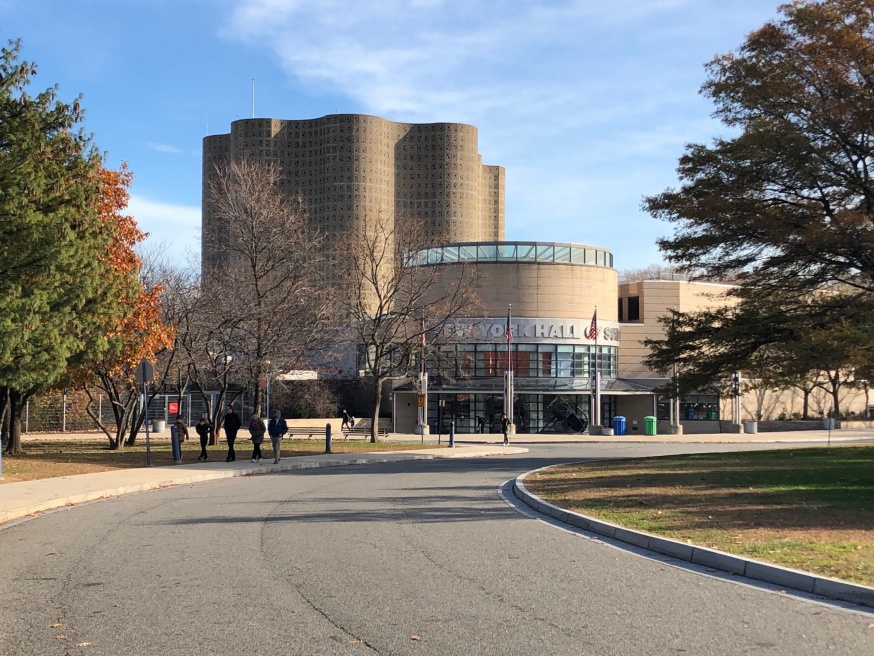
New York Hall of Science (Photo: Queens Post)
June 29, 2020 By Michael Dorgan
The New York Hall of Science (NYSCI) has announced that it will not reopen until the middle of next year due to concerns surrounding COVID-19.
NYSCI will only reopen when it is safe to do so — and when additional preventative measures become available, Margaret Honey, President, and CEO of NYSCI, said in a June 24 statement.
The science museum, located in Flushing Meadows-Corona Park, has been closed since March 14.
“As a high-touch, highly interactive museum, we will be cautious about when it will be safe to reopen our doors to the public,” Honey said.
“We will do so in phases when public health professionals and other officials say it is safe and when visitors tell us they are comfortable coming.”
Museum officials will also take into account the availability of a COVID-19 vaccine or new treatment regimens before reopening.
The museum delivers services and programming in science, technology, engineering and math (STEM) through social engagement and hands-on learning.
The museum is a high-touch environment because of the tools and materials shared among visitors and staff, Honey said.
Museum officials are concerned that if they open too early it could increase the spread of COVID-19.
“The safety of our staff and visitors is paramount,” Honey said. “We will also streamline entry and purchasing experiences to comprehensively address staff and visitors’ safety concerns,” she said.
NYSCI will improve its hands-on offerings when it reopens next year and new exhibitions will be created, she said.
In the meantime, the museum will continue to deliver STEM virtual experiences to the public. This will also ensure that many staff at the museum are retained.
“Closing the doors of NYSCI for even one day was a difficult but necessary decision,” said Melissa Vail and Francisco D’Souza, co-chairs of the NYSCI Board of Trustees.
“With as much uncertainty as there is about COVID-19 and its impact on our lives, the Board has chosen a path that enables us to continue to support the local communities of Corona and Elmhurst which have been among the hardest hit by the virus,” they said.
The museum’s ongoing research, curricular, digital and exhibit work will also cater to students and families across the city, they said.
The re-opening plan was approved by the NYSCI Board unanimously on June 18, 2020.
One Comment

Please reopen sooner than next year. Please reopen in October